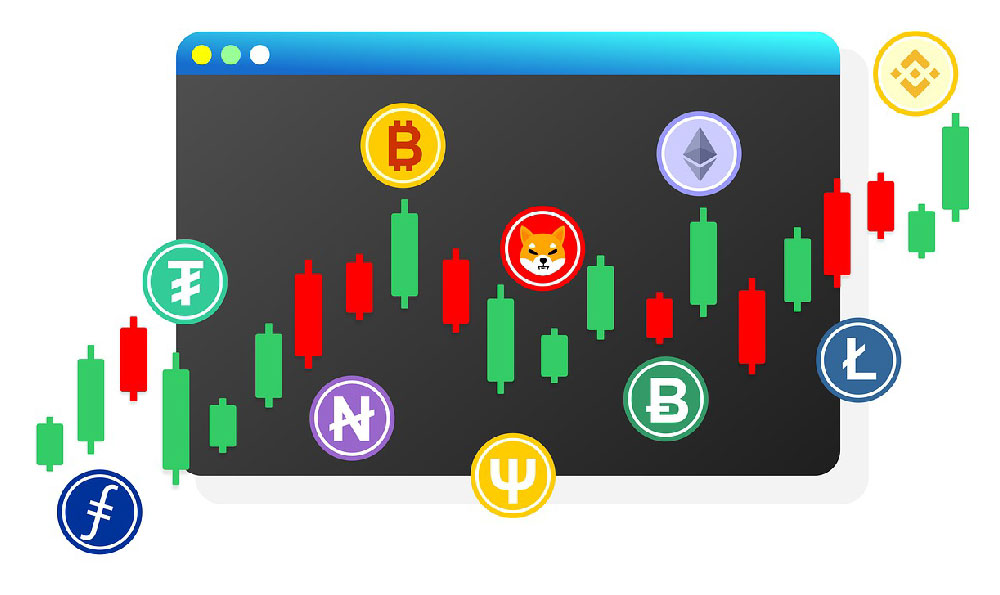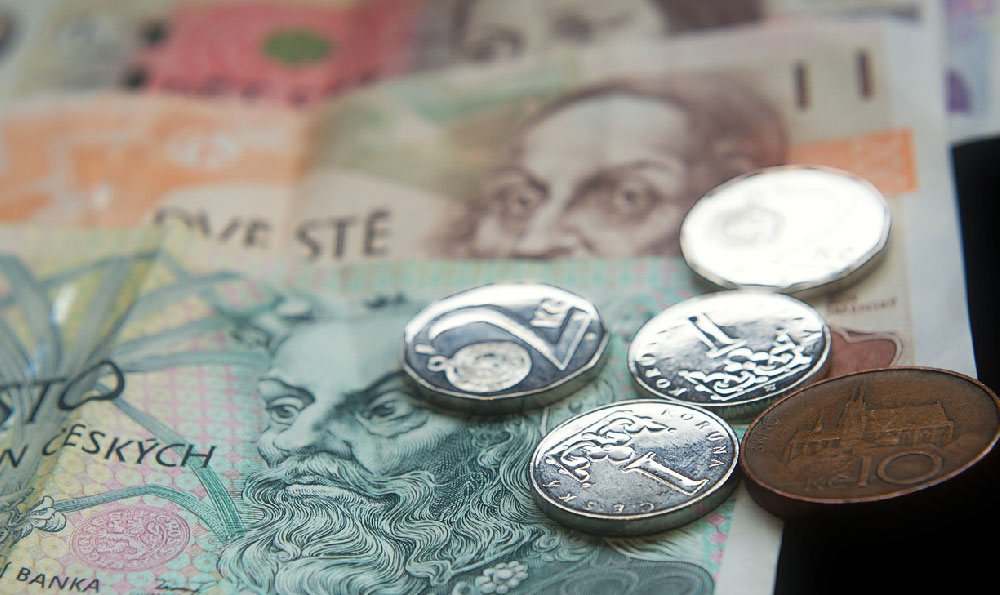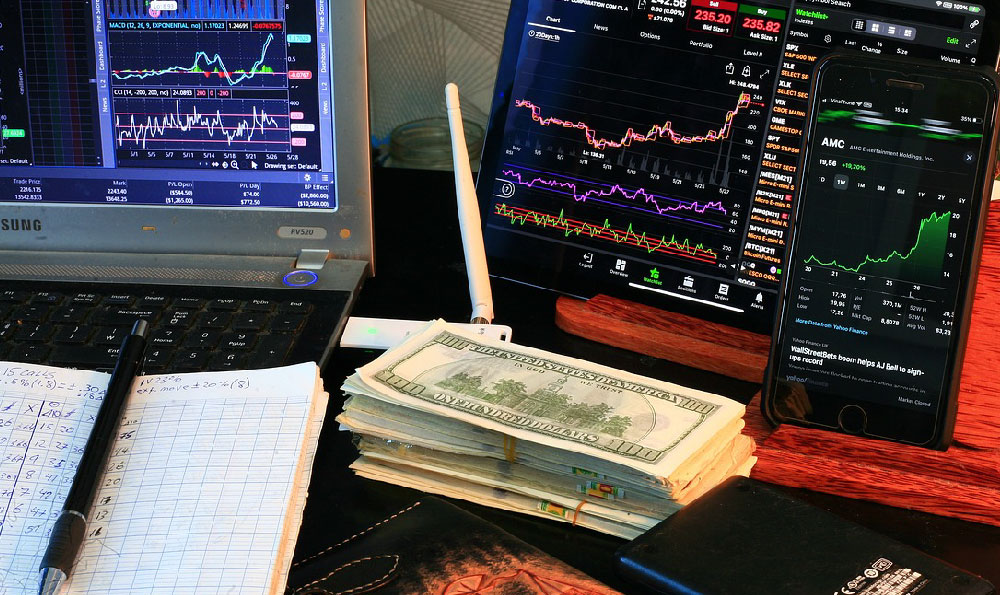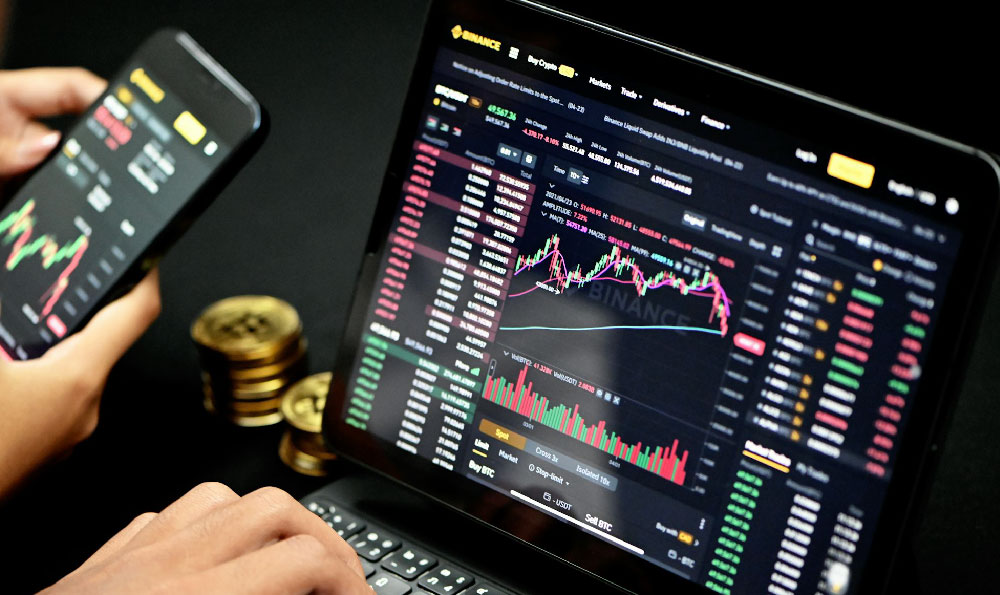Traveling is a time of exploration, both physically and financially. For those who embrace the idea of earning while on the move, the convergence of blockchain technology and global mobility presents unique opportunities. Unlike traditional investment methods, which often require physical presence or tied schedules, virtual currency provides a platform for real-time financial activity, enabling individuals to capitalize on market fluctuations from anywhere in the world. This approach not only aligns with the modern nomadic lifestyle but also offers ways to optimize returns, diversify strategies, and maintain security—essential elements for anyone navigating the complexities of both travel and investment.
The global digital economy has transformed how people interact with financial markets, creating a scenario where even those on the road can participate actively. Emerging trends such as decentralized finance (DeFi), tokenized assets, and cross-border payment solutions have made it possible to execute trades, invest in staking, or engage in yield farming without being confined to a specific location. For instance, satellite internet and secure mobile apps now provide reliable access to cryptocurrency exchanges, allowing travelers to monitor portfolios or engage in arbitrage between time zones. This shift underscores the importance of understanding how to leverage virtual currency as a tool for continuous financial growth, even when physical responsibilities are minimized.
A critical component of earning while traveling is identifying the right investment vehicles. Tokens with high liquidity and low transaction fees, such as Bitcoin or Ethereum, are ideal for short-term trading, as they can be easily converted into fiat currency or used for travel-related expenses. On the other hand, stablecoins like USDT or USD Coin offer a safer option for those prioritizing capital preservation while on the move. Additionally, participating in crypto-related ventures such as freelance blockchain development or remote consulting can provide passive income streams, complementing traditional investment strategies. For example, a developer working on blockchain projects while exploring new destinations can earn while maintaining flexibility, a balance that is increasingly sought after in today’s fast-paced world.

Market analysis is paramount for anyone aiming to make informed decisions while traveling. Monitoring key indicators such as price trends, volume spikes, and network activity can help identify potential opportunities. Tools like Google Trends and social media analytics can reveal shifts in investor sentiment, while exchanges offer real-time charts and historical data for strategic planning. However, it is crucial to recognize that market dynamics are often influenced by global events, regulatory developments, and technological advancements. Travelers must stay updated on these factors to avoid misjudging market conditions. For instance, a rallying market might be driven by news of a major partnership, while a sudden drop could be a reaction to geopolitical tensions or regulatory scrutiny.
Risk management is equally vital, especially when engaging in financial activities during travel. The mobility aspect introduces challenges such as exposure to different time zones, varying internet connectivity, and potential security risks. To mitigate these, diversification across different assets and blockchain ecosystems can reduce dependence on a single market or coin. Additionally, using hardware wallets or offline storage solutions ensures that digital assets remain secure even when traveling. It is also advisable to avoid making high-risk trades without a solid understanding of the underlying technology and market fundamentals. For example, investing in a high-risk altcoin with limited use cases or unclear adoption strategies could lead to significant losses if not carefully evaluated.
Long-term earnings while traveling often depend on aligning investment goals with personal aspirations. For instance, a perpetual income from staking or yield farming can provide financial stability, allowing individuals to fund their travel plans without relying on traditional employment. Conversely, short-term trading opportunities might arise from price volatility triggered by global economic shifts or technological breakthroughs. Travelers must also consider the cost of living in their destination, as it affects how much capital is needed to sustain their journey. In recent years, the rise of remote work and digital nomad visas has made it easier to maintain a stable income while exploring different regions, creating a bridge between travel and financial independence.
Avoiding common pitfalls requires a sharp understanding of both the financial and technological landscapes. One significant risk is overexposure to a single market or coin, which can be exacerbated by the lack of in-person oversight while traveling. Travelers should also be wary of phishing attempts or scams targeting individuals with limited access to traditional financial systems. By adopting a cautious approach—such as verifying projects through community reviews and avoiding high-pressure investment tactics—they can protect their assets and maintain compliance with evolving regulatory frameworks.
Ultimately, the balance between travel and earning through virtual currency depends on strategic planning and adaptability. For example, a traveler in a region with favorable regulations might seize opportunities to invest in local crypto projects, while someone in a less stable market could focus on holding high-quality assets. By integrating these principles into their routines, individuals can create a sustainable framework for both exploration and financial growth, ensuring that their journey remains both fulfilling and profitable.












